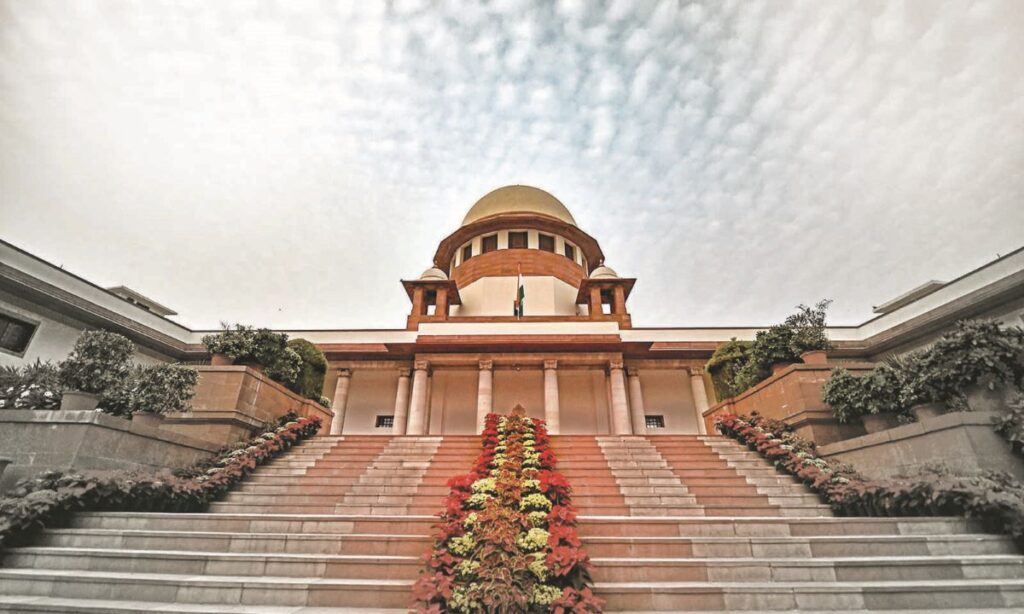The Supreme Court has ruled that it is not an affront to the President’s authority to identify Scheduled Castes. If the State Legislatures choose to sub-classify them for the purposes of granting reservations in admissions and public employment. This landmark decision was delivered by a seven-judge Bench of the Supreme Court, headed by Chief Justice of India D.Y. Chandrachud, in a majority judgment. The court’s ruling overturns the precedent set by the E.V. Chinnaiah verdict, which had previously established that State Legislatures do not have the authority to sub-classify Scheduled Castes.
Also Read:The World Wide Web: A Transformative Journey Through Cyberspace
Chief Justice Chandrachud articulated the reasoning behind the court’s decision. Emphasizing that Scheduled Castes do not form a single, integrated, or homogenous group. This acknowledgment is crucial, as it recognizes the diversity within the Scheduled Castes. Who may have varying degrees of socio-economic advancement and historical oppression. By allowing sub-classification, the judgment aims to ensure that the benefits of affirmative action reach. The most disadvantaged sections within the Scheduled Castes.
Also Read:Nitin Gadkari urged FM Nirmala Sitharaman to remove GST on life and medical insurance premiums
Emphasizing the Need for Targeted Affirmative Action Policies
The court’s decision underscores a significant shift in the approach towards affirmative action policies in India. It recognizes that a one-size-fits-all approach may not effectively address the diverse needs and levels of deprivation within the Scheduled Castes. By empowering State Legislatures to sub-classify, the judgment enables more targeted and nuanced policy-making, potentially leading to more equitable outcomes.
Also Read:Cloudburst in Himachal Pradesh: 1 Dead, 28 Missing
Chief Justice Chandrachud’s opinion highlights the importance of this flexibility for State Legislatures. It allows them to create reservation policies that are more precisely tailored to the local context and the specific needs of sub-groups within the Scheduled Castes. This could lead to more effective upliftment of the most marginalized communities, ensuring that the intended benefits of reservations are not disproportionately cornered by relatively better-off sections within the Scheduled Castes.
Also Read:Supreme Court Affirms Stay on Gangster Arun Gawli’s Release











More Stories
India’s Active Covid-19 Cases Rise Above 2,700; Delhi Records First Fatality
Pak PM: India Fired Brahmos Before Our Retaliation
देहरादून: सूर्यधार रोड पर भिड़ीं गाड़ियां, शख्स को कुचलने की कोशिश; 9 गिरफ्तार